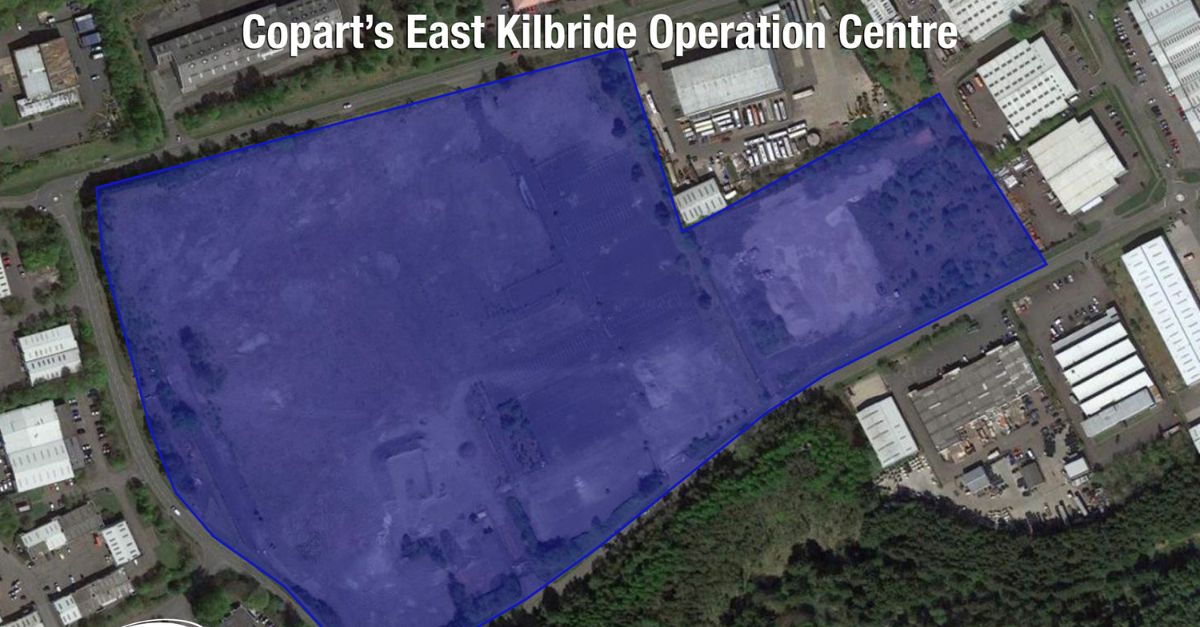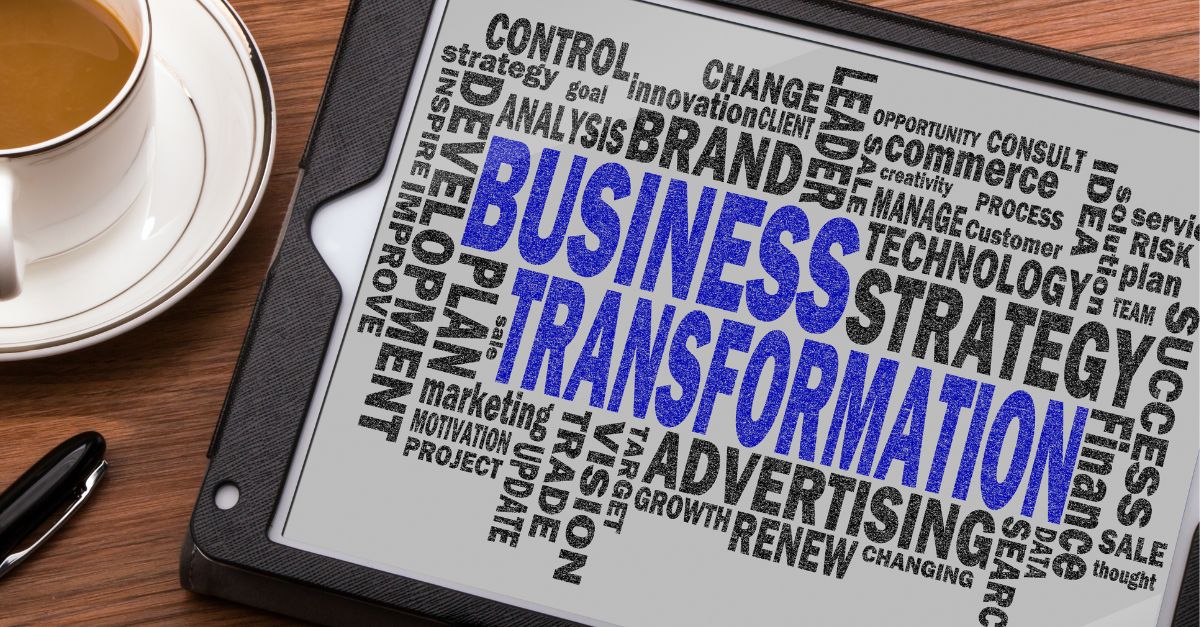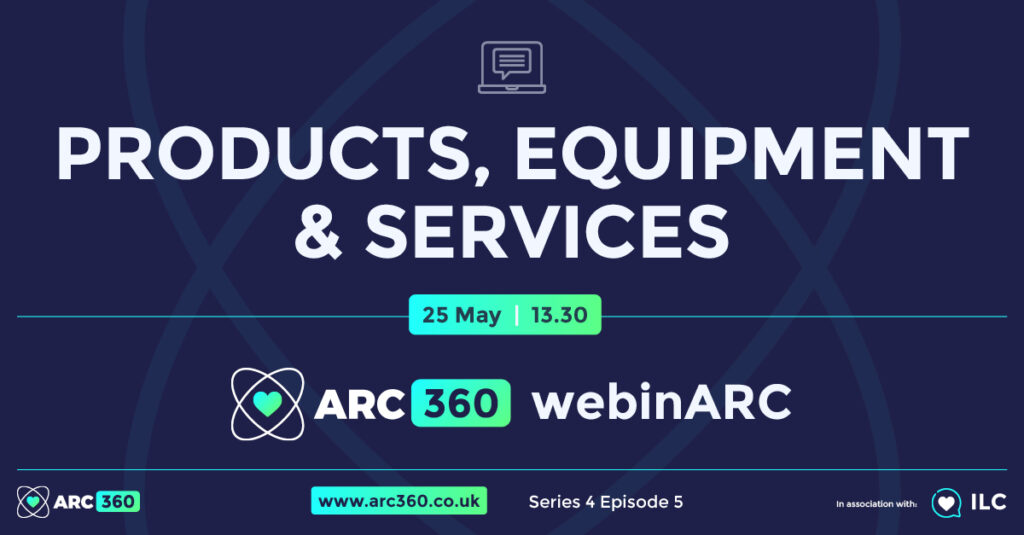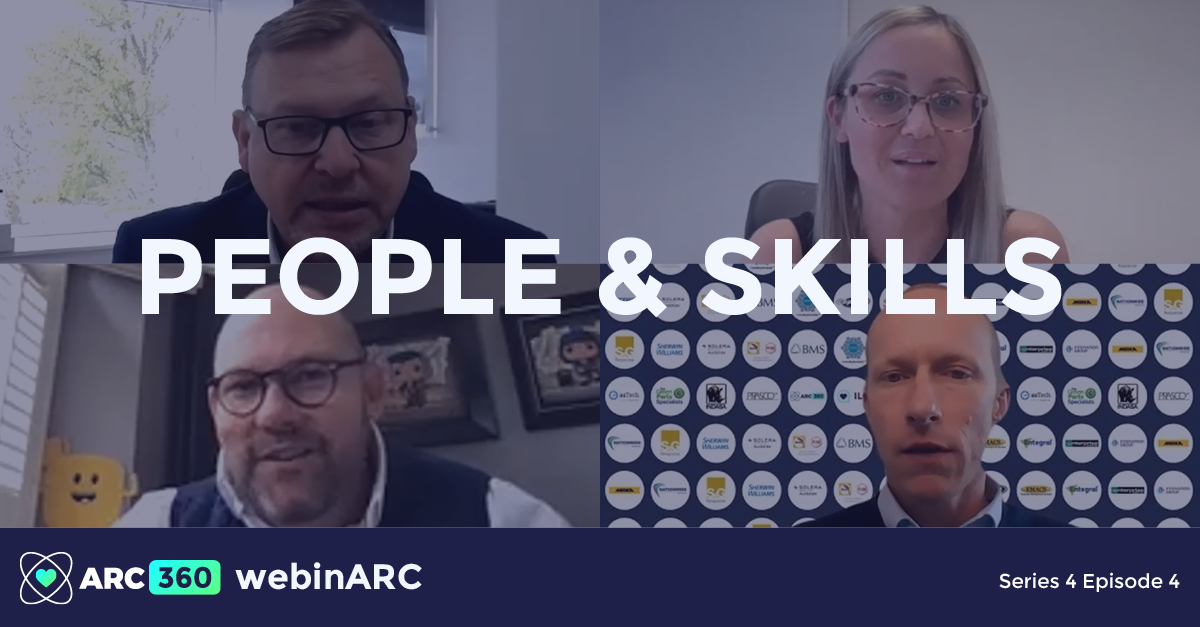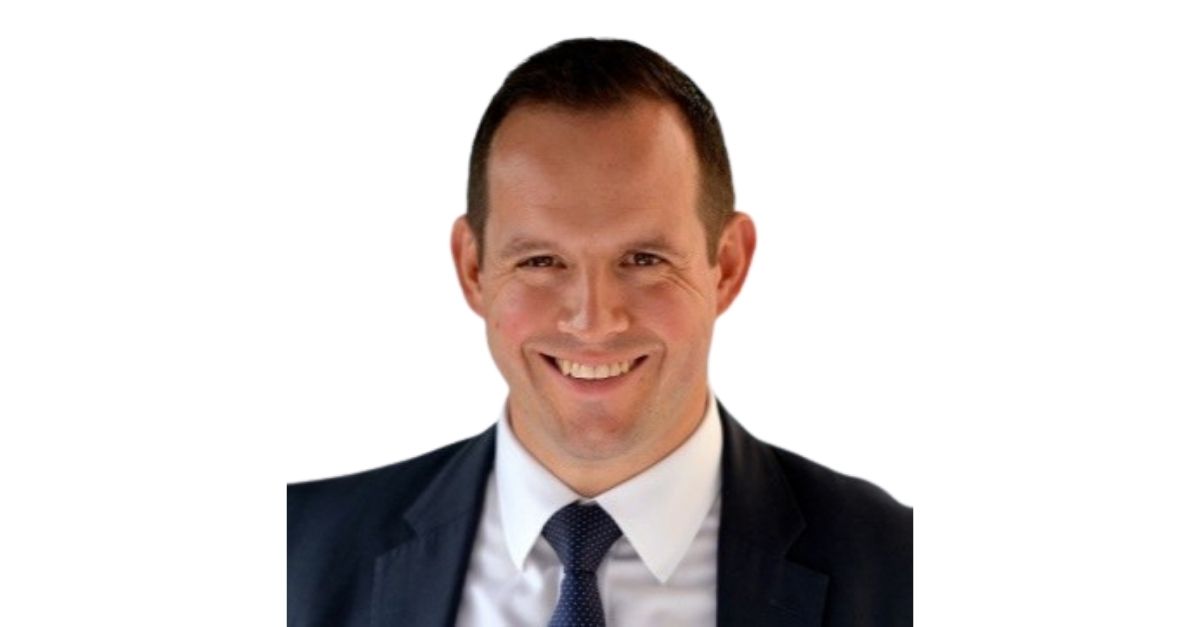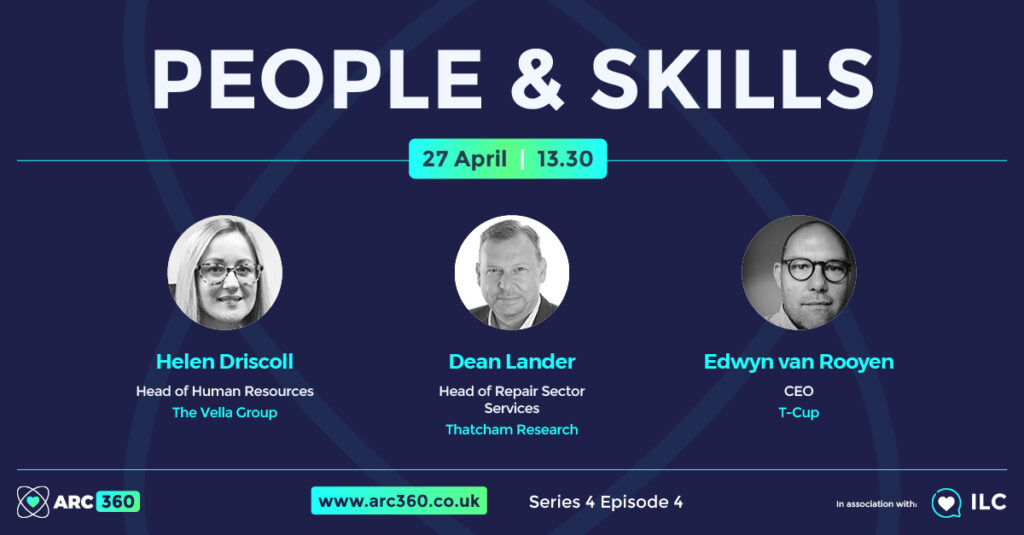For years the automotive aftermarket has been losing the PR battle. While the skills required to repair and develop today’s vehicles are no less technical and science-based than many other sectors, industries such as engineering, aviation and IT are considered to offer far more aspirational career paths.
And as the pool of talent shallows for automotive businesses – the result of an ageing workforce, too few apprentices and skills being lured away – the need to redress the balance becomes ever-more urgent.
Scale of the problem
The latest figures from the Institute of the Motor Industry (IMI) underline the scale of the problem. It found that the sector has more than 23,000 vacancies currently, the equivalent of four per cent of the workforce.
Certainly, the Covid-19 pandemic exaggerated the challenge, with the Society of Motor Manufacturers and Traders (SMMT) reporting that 11,349 people left the workforce in 2020 alone. Most of those roles have not been replaced, and some people believe the skills shortage is even more acute than official figures suggest.
Speaking during an ARC360 webinar recently, Dean Lander, Head of Repair Sector Services, Thatcham Research, said that vacancies had risen by a quarter in recent years and now the gap in the national workforce could be as high as eight per cent. He also revealed that while many businesses have placed a much greater emphasis on apprentices in recent years, the accumulated total of new talent is still pitifully low, with just 370 apprentices joining the sector between September and November of last year.
“We’re staring down the barrel,” he warned webinar attendees.
New vision
Martin Brown, Director, Repairify Innovations, suggested that the only way to attract young talent was to present the industry to them in an entirely new way.
He said, “We need to communicate the right message to attract young people. Redefining and creating programmes to encourage staff into the sector is vital in the long term. This involves changing perceptions; the old image of a repair shop must be replaced by the more modern view of repairing cars. The focus needs to be on highlighting the new skills required to attract new people. We must aim to communicate to young people that being a vehicle mechanic is now a highly-skilled job that often requires more computer skills than the average IT role.”
Optimism
There are pockets of optimism, with myriad companies from across different sectors acting on their own initiatives to bridge the skills gap. Salvage specialist Copart has introduced its own driver academy, Gemini Accident Repair Centres, winner of the Large Employer of the Year gong at the inaugural Apprenticeship Awards, hosted by Nottingham College, currently boasts nearly 100 apprentices across its sites, making up 14% of its entire workforce, while Nationwide Vehicle Assistance (NWVA) has recently launched a training course to help first-on-scene responders handle electric vehicles.
There are countless other examples, but while each is a positive step, a much broader, more cohesive approach is critical.
Lander said, “We’re heading in the right direction, but if we want to reach the pot of gold we have to collaborate and work together. No single bodyshop group can achieve this, we need an industry-wide approach. I do see a bright future, but it won’t be easy to get there and we’ll have many bumps in the road.”
Skills
One of the factors exacerbating the challenge is the vast array of skills required in the automotive aftermarket. The technical skills necessary to repair vehicles safely is one thing, but new solutions around digitalisation, automation and artificial intelligence means that even the most hands-on workshop cannot afford to miss the improvements in efficiency now available – both in terms of job management and customer service.
Martin said, “Without employing people with digital skills how will the workshop survive in tomorrow’s digital automotive world?”
New tech
Copart appreciates this better than most. Through its online auctions, it processes more than 400,000 digital transactions every year. Operating at such scale, the opportunities to leverage new tech to gain a competitive advantage are enormous and Jane Pocock, Managing Director, agrees that the skills necessary to thrive in today’s marketplace are many and varied.
She said, “As the saying goes, change is a constant and given that the range of services we offer is always evolving, the people, capabilities, and technologies we need to provide them also now covers a vast range of professional disciplines. Over and above our nationwide collection and delivery capabilities, we offer outsourced policy holder management, claims management, supplier management, R&S management, engineering, technology services, and a range of ‘value generation’ innovations that rely on big data, analytics, and insight. For example, we now have a unique capability to analyse transactions and act on the insights derived from the millions of bids on our auctions.”
Commitment
But this is an ongoing process, and just as investment in technical skills is paramount so too is the commitment to attracting and developing digital talent.
Jane continued, “As a modern-day business with an ongoing digital transformation programme in place, technology and data effects everything that we do, and we are continuously investing into these areas. This will naturally offer broader employment opportunities to tech-focused people and we’ve already seen expansion within our IT and Business Intelligence teams both in the UK and across our global footprint.”
Again though, these skills are not specific to the automotive aftermarket, meaning it will be competing for talent with other, more ‘respected’ industries.
Jane said, “In this modern age, with proficiency in tech being second nature to most, this means those types of roles are more widely accessible and less specialised than perhaps they may have been in the past. Of course, there is always going to be a demand for great people, but we have a strategy in place to ensure that we are seen as an Employer of Choice.”
Technical skills
But while the ‘business’ skills can go a long way to determining if an organisation lives or dies, ultimately what matters most it is the ability to return vehicles to customers in their pre-accident condition. This has never been more difficult, with every new vehicle on the road now a mesh of electrical units, sensors, systems and materials.
There has in recent years been a growing debate about the future roles of ‘multi-skilled’ technicians as opposed to ‘specialists’, with many believing the complexity and variability of modern vehicles means it will simply be impossible for one person to keep up with the training necessary to remain abreast of developments in all areas.
Dean believes this is true but is adamant that versatility will still be a prized asset on the workshop floor.
Adding complexity
He said, “Car design in terms of body and paint has remained largely consistent, making traditional skills as important today as they have ever been. However, new advanced technologies are rapidly adding complexity, with greater electrification, automation, and connectivity.
“This plethora of new skills will challenge the capability of the current and future workforce. The ability to develop in-depth knowledge and competency across new technologies while retaining traditional skills, is too big an ask for a relatively small group of individuals, so it is likely that future bodyshop skills deployment may need to operate more like the NHS, where generalists are acting as GPs to treat minor ailments, while more severe and complex parts of the process are triaged to specialists.”
To make this work, he says that bodyshop managers will need to be able to identify competence levels at a modular level – this means, for example, recognising that a panel technician can remove dents and highspots and prepare it for paint, but will need specialist assistance if the panel comprises aluminium. The same principle will apply for MET technicians, who can perform general repairs but will need to call on specialists to handle ADAS calibrations.
Numbers
This though, brings us back to the start: does the industry have enough numbers to operate this way? The answer right now is a resounding no, with desperate measures being taken in some quarters.
For example, the NBRA is supporting a government petition to allow businesses in the automotive industry to recruit workers from overseas. The petition has been launched by Ingenia Recruitment with the support of the IMI, and all businesses in the industry have been encouraged to sign it.
In the long-term, apprentices are the only solution and the efforts of organisations such as Copart – which has more than 120 on its books and is actively promoting the sector through its support of charities such as Open Road and AutoRaise – need to be commended and copied. But as discussed, industry-wide solutions cannot be found in silos.
Dean said, “It is good to see some of the industry waking up from its slumber and working hard, having recognised the need to attract a wider demographic into its workforce. But this is not yet enough. The skills crisis we are experiencing today cannot be fixed by the current system, where paying a few pence more an hour may be enough to attract a skilled technician from the business down the road. It will require significant and sustained investment in new talent and a diverse workforce for the industry to remain sustainable.”
Engagement
More immediately, retention has never been more critical. Apart from the very real struggle of recruiting, the business argument for keeping what you have is compelling – it costs 250% more to find a new hire than to retain an existing employee.
Another panellist in the ARC360 webinar, Edwyn van Rooyen, CEO, T-Cup, said, “We work across 14 different industries, but we don’t work with any sector where businesses are more challenged to keep their people.
“The industries that are thriving focus on basic human needs. Do people join because they want to do the job or because they want their human needs around human relationships, good health, feeling valued, feeling safe to be met? What drives people’s self-fulfilment needs? If you look at it from that perspective, it creates a totally different culture. People will stay if you view them as humans rather than skillsets.”
The signs here are promising though, with more and more employers prioritising the aspects that keep employees engaged. That includes continuous training, a healthy work-life balance, two-way communication, and creating that most nebulous of things: a company culture that aligns with a colleague’s own ethics.
Culture
In an exclusive interview with ARC360, to Stuart Sandell, AVP Sales for Insurance Replacement UK & Ireland at Enterprise Rent-A-Car, said, “Company culture is one of the primary drivers of engaging and retaining great people. We have a culture of leading by listening – that comes from the top and filters down all the way through. That principle applies whether you’re a small business, a regional group or a multinational rental company with tens of thousands of employees.
“Employee career development is also vital. We provide employees with on-the-job training and a wide range of formal classroom training, as well as comprehensive mentoring programmes that assist mentees in their professional and personal development by focusing on customer service, company culture, diversity and inclusion, leadership, interpersonal skills and work-life balance.
“Now we are able to promote almost exclusively from within, and almost all our senior leadership started as a Management Trainee in a branch, as I did.”
Enterprise is hardly an outlier though, as automotive continues to shape itself for the next generation of working.
Edwyn said, “The industry is not a million miles away, and not as far away as perhaps we think. Every sector is going through these challenges at the moment but the fact these issues are recognised and being talked about is a massive step. There are still some industries with their heads in the sand.”
What are you most important selling points when it comes to recruitment? (ARC360 poll)
- 34% – company culture
- 31% – salary
- 19% – environment
- 9% – career development
- 6% – benefits
Potential
The truth is that this industry has much to shout about and if it is able to get its messaging right then the next decade could be transformative.
The SMMT believes the industry, as it continues its acceleration towards an electric future, has the potential to create another 40,000 jobs. The wider impact on the economy is even greater, with every new job in the sector creating 1.7 new jobs in the general supply chain.
And, with a greater understanding of what a career in automotive looks like, with a growing emphasis on training, wellbeing and culture – not to mention above average wages (20% higher than the UK average), why wouldn’t a young person want to play their part in this exciting evolution and establish themselves in an industry that is still in the foothills of change greater than any since the industrial revolution?

















